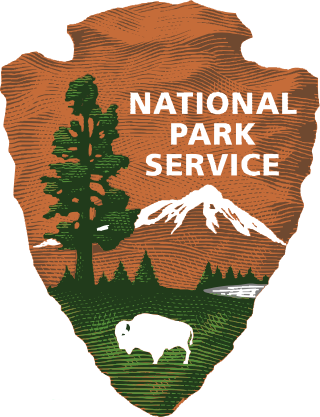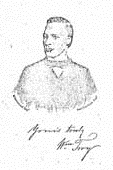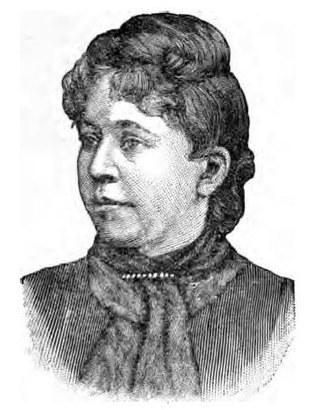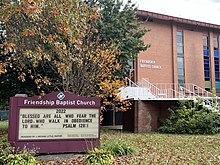
Arlington County is a county in the U.S. state of Virginia. The county is located in Northern Virginia on the southwestern bank of the Potomac River directly across from Washington, D.C. The county is coextensive with the U.S. Census Bureau's census-designated place of Arlington. Arlington County is the second-largest city in the Washington metropolitan area, although it does not have the legal designation of an independent city or incorporated town under Virginia state law.

Georgetown is a historic neighborhood and commercial district of Washington, D.C., in Northwest D.C., situated along the Potomac River. Founded in 1751 in the Province of Maryland, the port of Georgetown predated the establishment of the federal district and the City of Washington by 40 years. Incorporated into the District of Columbia, Georgetown remained a separate municipality until 1871 when the United States Congress created a new consolidated government for the whole District. A separate act, passed in 1895, specifically repealed Georgetown's remaining local ordinances and renamed Georgetown's streets to conform with those in the City of Washington.

The George Washington Memorial Parkway, colloquially the G.W. Parkway, is a 25-mile-long (40 km) parkway that runs along the south bank of the Potomac River from Mount Vernon, Virginia, northwest to McLean, Virginia, and is maintained by the National Park Service (NPS). It is located almost entirely within Virginia, except for a short portion of the parkway northwest of the Arlington Memorial Bridge that passes over Columbia Island within the District of Columbia.

George Washington Parke Custis was an American plantation owner, antiquarian, author, and playwright. His father John Parke Custis was a stepson of George Washington. He and his sister Eleanor grew up at Mount Vernon and in the Washington presidential household.

Aldie is an unincorporated community and census-designated place (CDP) located between Chantilly and Middleburg in Loudoun County, Virginia, United States. The historic village of Aldie is located on the John Mosby Highway in a gap between the Catoctin Mountains and Bull Run Mountains, through which the Little River flows. Aldie traditionally serves as the gateway to the Loudoun Valley and beyond.

The Northern Virginia trolleys were the network of electric passenger rails that moved people around the Northern Virginia suburbs of Washington, D.C., from 1892 to 1941. They consisted of six lines operated by as many as three separate companies connecting Rosslyn, Great Falls, Bluemont, Mount Vernon, Fairfax City, Camp Humphries and Nauck across the Potomac River to the District of Columbia.
Gardner Calvin Taylor was an American Baptist preacher. He became known as "the dean of American preaching".

Luke E. Torian is an American politician. Since 2010 he has served in the Virginia House of Delegates, representing the 52nd district in the Prince William County suburbs of Washington, D.C. He is a member of the Democratic Party.

Leonard N. Smith was the senior pastor of Mount Zion Baptist Church in Arlington, Virginia, with a congregation exceeding 2,000. Mount Zion Baptist Church, founded in 1866, is the oldest Black congregation in Arlington, Virginia.
Nauck is a neighborhood in the southern part of Arlington County, Virginia, known locally as Green Valley. It is bordered by Four Mile Run and Shirlington to the south, Douglas Park to the west, I-395 to the east, and Columbia Heights and the Army-Navy Country Club to the north. The southeastern corner of the neighborhood borders the City of Alexandria.

The Reverend William Troy was a Baptist minister and writer associated with the Underground Railroad.

Elizabeth Stumm better known by her pen name Mrs. C. C. Stumm (1857-?) was an African-American teacher and journalist. As her husband was involved in missionary service, the couple moved often, but Stumm was able to work as a writer and teacher. She wrote for many newspapers and journals in the black press and was noted by numerous compilers of her day as an influential and effective journalist.

Saint Joseph Catholic Church is a predominantly Black Catholic church located at 711 N. Columbus St in historic Old Town Alexandria, Virginia. It was founded in 1916 to provide African-American parishioners of the local St. Mary's Roman Catholic Parish with their own church, freed from the customary restrictions that segregation imposed on them.

William Gibbons, was a formerly enslaved servant, who became a highly successful Baptist minister in Charlottesville and Washington, D.C. He was married to Isabella Gibbons.

Robert H. Robinson (1824–1909) was a minister and an activist for the rights of African Americans during the Antebellum period in Arlington, Virginia. He was born into slavery, but through the negotiation by his grandmother, Caroline Branham, he was freed at age 21 after an eleven-year apprenticeship. He was a minister at Roberts Chapel, an African Methodist Episcopal Church. He established a night school and debate team for black freedman. The Robert H. Robinson Library was named in his honor.

William Syphax was born into slavery but manumitted when he was about one year old, along with his mother Maria Carter Syphax and sister. As a young man, he became a U.S. government civil servant in Republican administrations, and built a network in the capital city.

Frank Lyon was an American lawyer, newspaper publisher and land developer in Arlington County, Virginia. He developed the land in modern-day Clarendon, Virginia, Lyon Park and Lyon Village.

Shiloh Baptist Church is a predominantly Black Baptist Church at 1401 Duke Street in Old Town Alexandria, Virginia. At the time of its dedication in 1893, the historic building had a great bell tower, eight stained glass windows, modern circular oak pews, and a large reflector with glass prisms. While this historic building continues to be used as a youth center, the church has expanded to a large new sanctuary across Duke Street.

Mount Zion Baptist Church, established in 1866, is the oldest African American church in Arlington, Virginia. The church is a member of the National Baptist Convention USA and the Progressive National Baptist Convention.



















